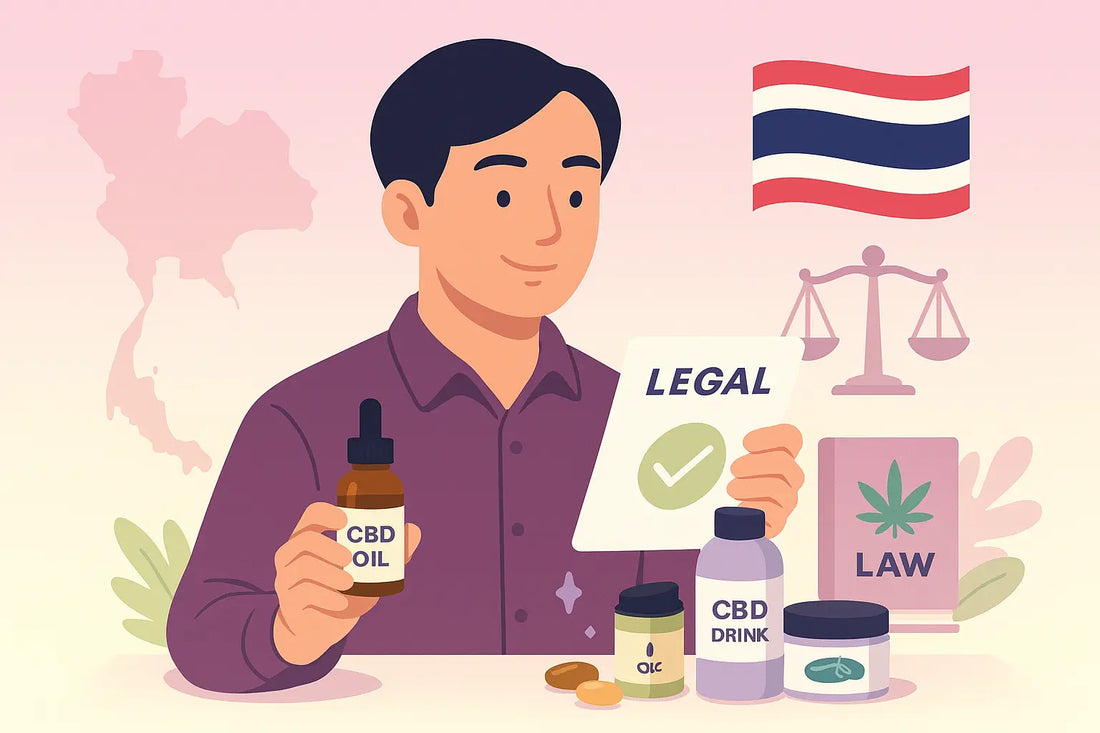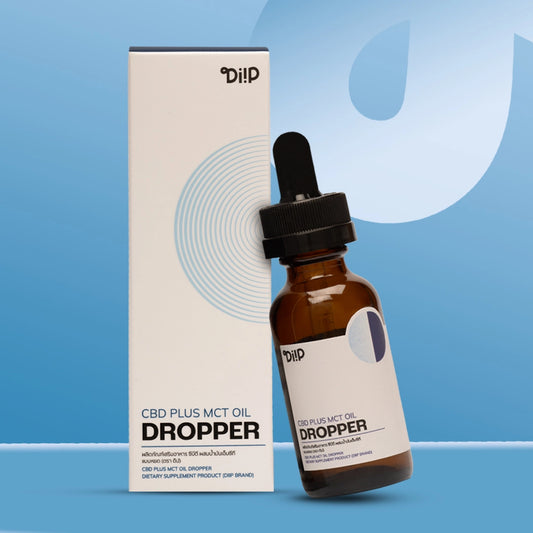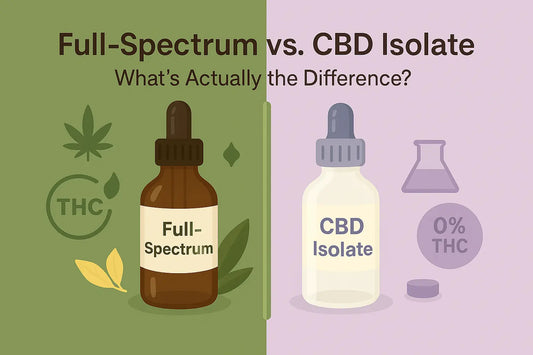
Is CBD Legal in Thailand in 2025?
Cenk CetinShare
Introduction
As the global cannabis industry evolves, Thailand has emerged as a trailblazer in Asia, embracing cannabis for medical and wellness purposes. However, navigating the legal landscape of CBD products in Thailand can still be challenging, especially with regulations that continue to shift. In 2025, the question remains: Are CBD products still fully legal in Thailand, and what do consumers need to know? This article explores the current laws, government policies, and essential guidelines for safely purchasing and using CBD in the Land of Smiles.
Key Takeaways
- In 2025, CBD products in Thailand are legal for medical and wellness use with a THC limit of 0.2%.
- Licensed producers and retailers must comply with strict government standards.
- Tourists must follow strict rules, including carrying proper documentation for CBD and declaring it at customs.
The Evolution of Cannabis Legalization in Thailand
Historical Context
Cannabis has deep roots in traditional Thai medicine, where it is commonly used to treat overall well-being including pain and inflammation. Before its criminalization in 1979, cannabis was a staple in Thai households and cuisine, valued for its medicinal and culinary benefits. This plant played a key role in local herbal medicine as many local people relied on cannabis for treating headaches, digestive issues, and more. The journey toward legalization began decades later, with significant milestones reshaping the cannabis landscape in Thailand. In 2018, Thailand became the first Southeast Asian country to legalize cannabis for medical purposes, making changes in the region’s perception of the plant. This progressive step paved the way for the 2022 decriminalization of cannabis, making headlines worldwide and setting the stage for further developments.
2025 Landscape
In 2025, Thailand’s cannabis and CBD policies continue to evolve. The government maintains a cautious but supportive stance regarding cannabis and CBD products, regulating the industry to ensure product safety and prevent misuse. While medical cannabis remains legal under strict regulations, CBD products are accessible for wellness and therapeutic use. However, debates persist over recreational cannabis, with public opinion split between those who see it as a potential economic boost and those concerned about societal impacts. As the legal framework develops, the dialogue around cannabis legalization reflects Thailand’s ongoing effort to balance tradition, public health, and economic opportunity in shaping its future policies.
Current CBD Regulations in Thailand: 2025 Edition
Legal Status
As of 2025, CBD products remain legal in Thailand under specific conditions, primarily for medical and wellness purposes. Products containing CBD must comply with stringent regulations, including a maximum THC content of 0.2%, ensuring they do not produce psychoactive effects. While CBD is permitted for therapeutic use, recreational use of cannabis, including high-THC products, remains strictly prohibited.
Permitted Uses
CBD is approved for a variety of medical applications, including managing chronic pain, reducing anxiety, and alleviating insomnia. Wellness products such as CBD-infused oils, creams, and supplements are widely available in healthcare shops in Thailand, provided they meet regulatory standards. However, strict restrictions exist on unverified health claims, and products must be clearly labeled with their intended uses. Recreational use of CBD remains off-limits, aligning with Thailand’s focus on public health and controlled use.
Licensing Requirements
The production, sale, and purchase of CBD products are tightly regulated. Licensed producers and retailers must adhere to government regulations and standards, including sourcing CBD from approved farms and facilities. Buyers are typically required to purchase CBD products from licensed dispensaries or authorized distributors. Importing and exporting CBD products are also subject to strict oversight, requiring comprehensive documentation and government approval to ensure compliance with international and domestic laws.
Practical Guidelines for Using CBD in Thailand
For Consumers
When purchasing CBD in Thailand, consumers should prioritize legal and safe products by checking for government-approved labels and third-party lab certifications. These ensure compliance with the maximum THC limit of 0.2% and verify the products' quality and safety. When buying locally, stick to licensed dispensaries or pharmacies to avoid unregulated or counterfeit items. For online purchases, choose reputable websites that provide clear product details and certifications, and ensure the seller is authorized to operate within Thailand.
For Tourists
Tourists looking to bring CBD products into Thailand must adhere to strict rules and regulations. The CBD products must meet Thailand’s legal requirements, including THC content below 0.2%. It’s essential to carry documentation, such as a certificate of analysis or a doctor’s prescription, to prove the product’s legality and intended use. Upon arrival, tourists should declare their CBD at customs to avoid legal complications. Additionally, it’s important to respect local cultural sensitivities and use CBD discreetly, ensuring compliance with Thai laws to avoid misunderstandings.
Challenges and Opportunities in 2025
The evolving legal landscape for CBD in Thailand still faces significant challenges. One major issue is the presence of gray areas in regulations, leading to inconsistencies in enforcement and confusion among consumers and businesses. Despite efforts to establish clear guidelines, gaps remain in defining the boundaries between medical and recreational use, as well as licensing requirements. Another pressing concern is the proliferation of counterfeit and low-quality CBD products in the market. These unregulated items undermine consumer trust and pose health risks, making stricter oversight and enforcement crucial to protect public safety and the integrity of the industry.
Despite these hurdles, 2025 offers immense opportunities for Thailand’s CBD industry. With the global CBD market expanding rapidly, Thailand is well-positioned to leverage its rich agricultural heritage and expertise in cannabis cultivation. The country’s unique strains and government support for cannabis research provide a solid foundation for innovation and product development. Additionally, Thailand’s reputation as a wellness destination opens doors for integrating CBD into tourism, spa treatments, and wellness products. By establishing itself as a leader in CBD production and regulation, Thailand has the potential to become a major CBD hub in Asia, attracting investments, partnerships, and global recognition.
In Short
In 2025, CBD remains legal in Thailand for medical and wellness purposes, with strict regulations, including a THC limit of 0.2%. Approved uses include managing pain, anxiety, and insomnia, while recreational use and unverified health claims are prohibited. Licensed producers and retailers must follow strict guidelines, and tourists can bring CBD into the country if it meets legal requirements and includes proper documentation.








